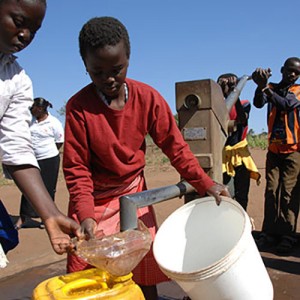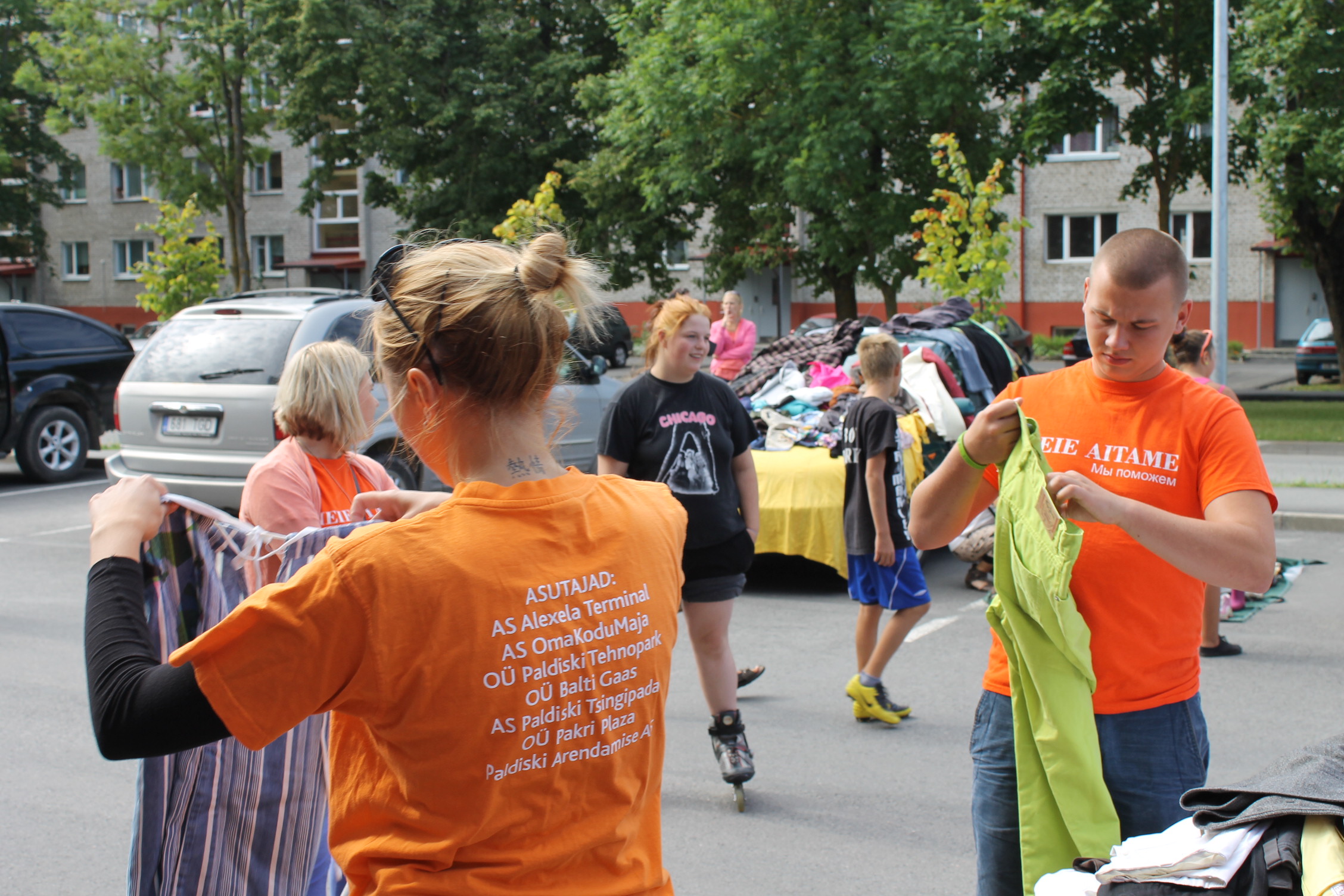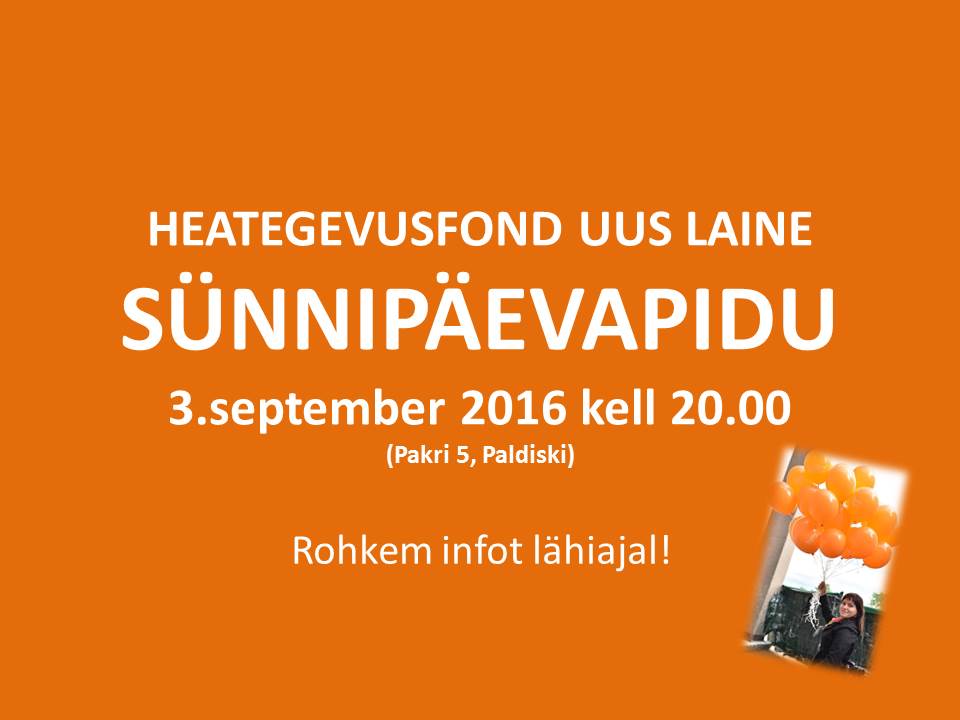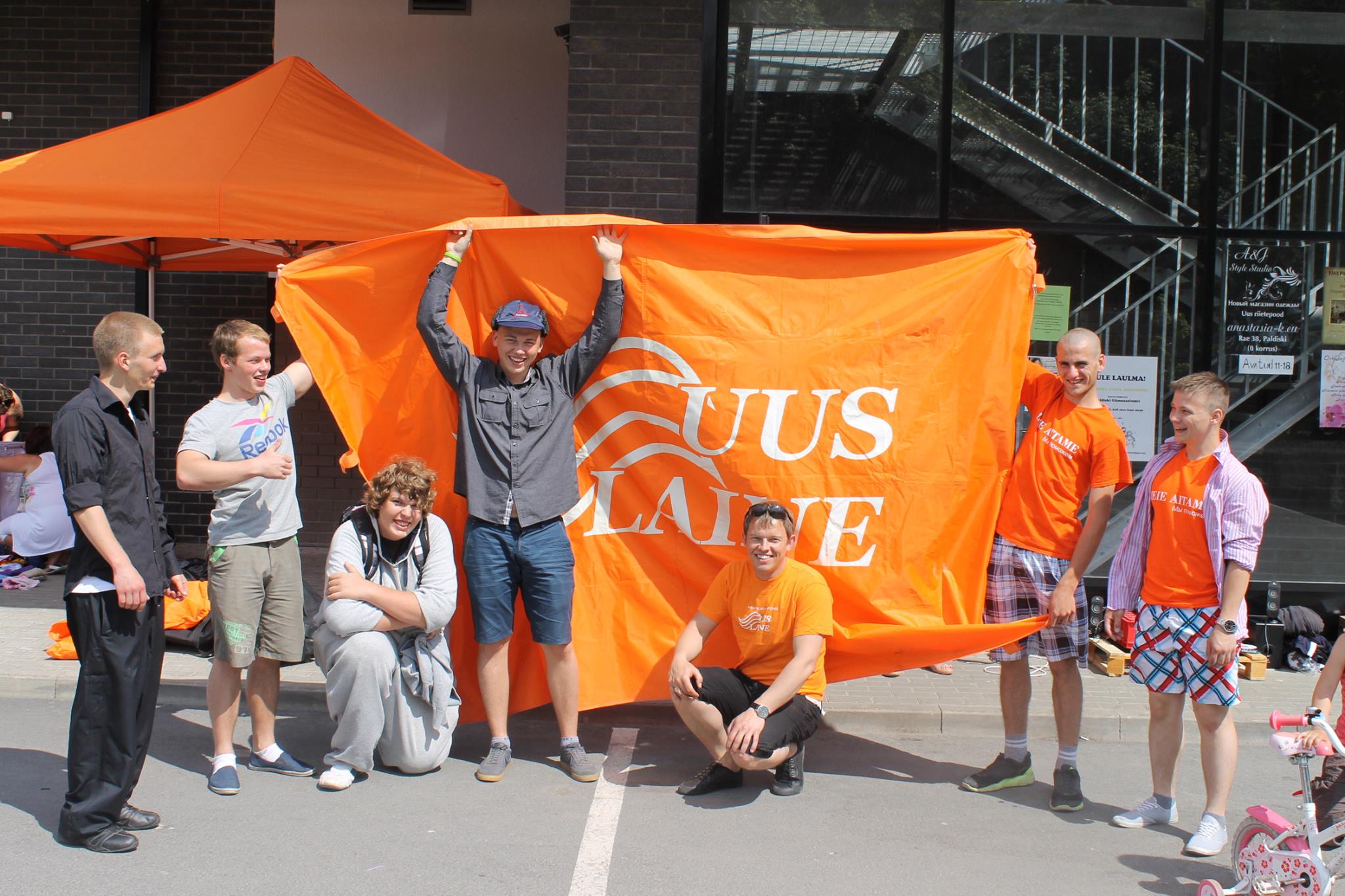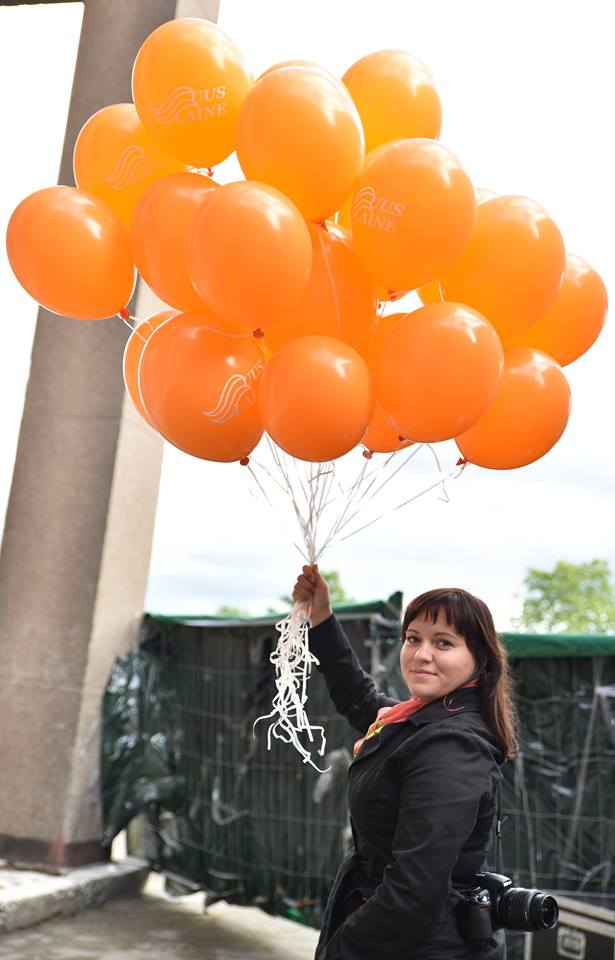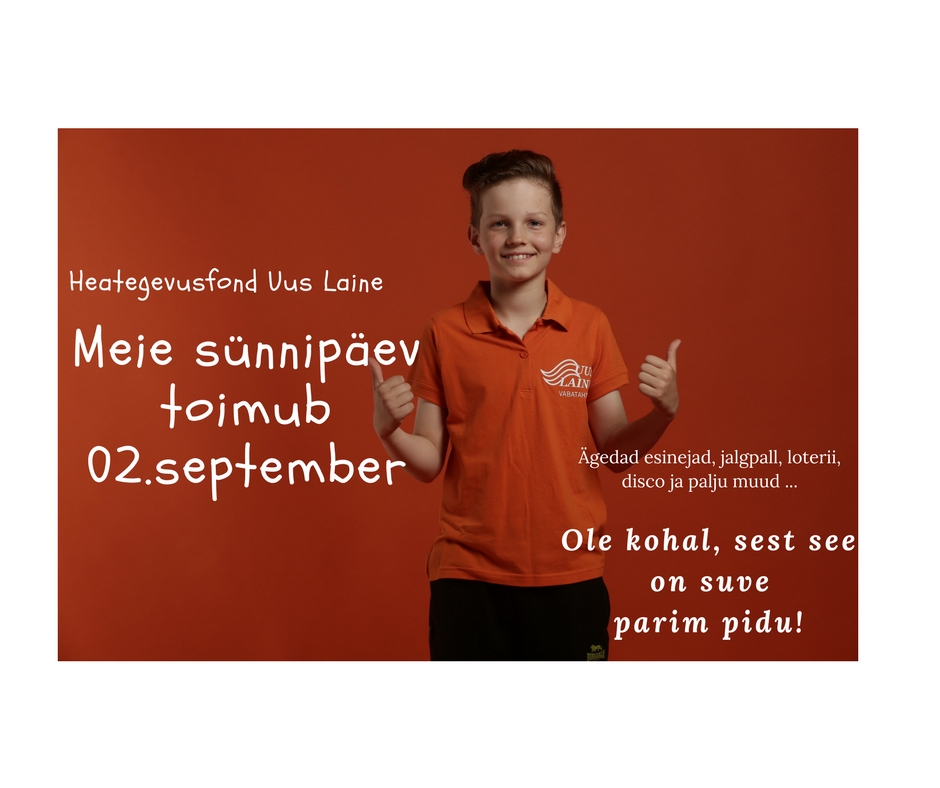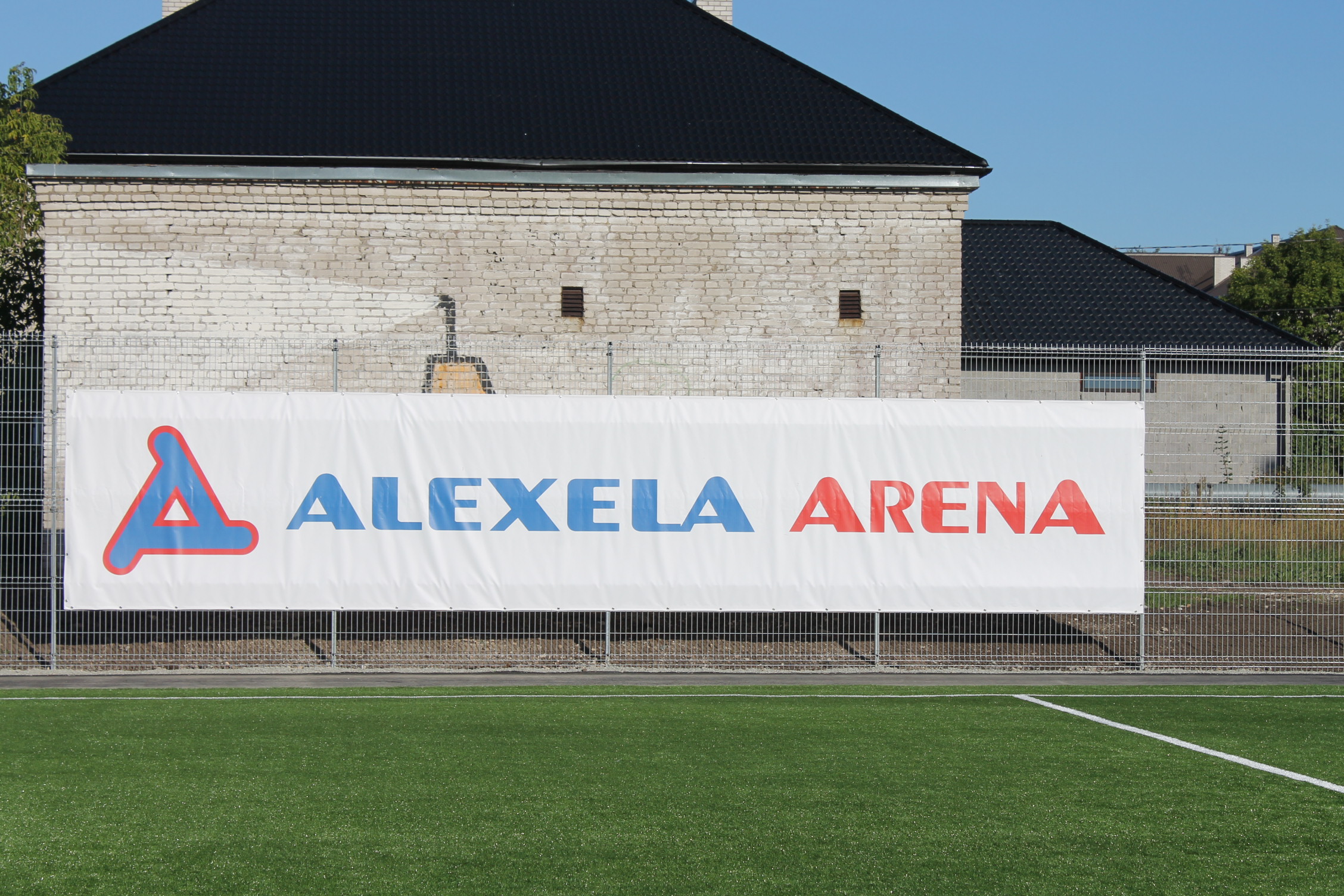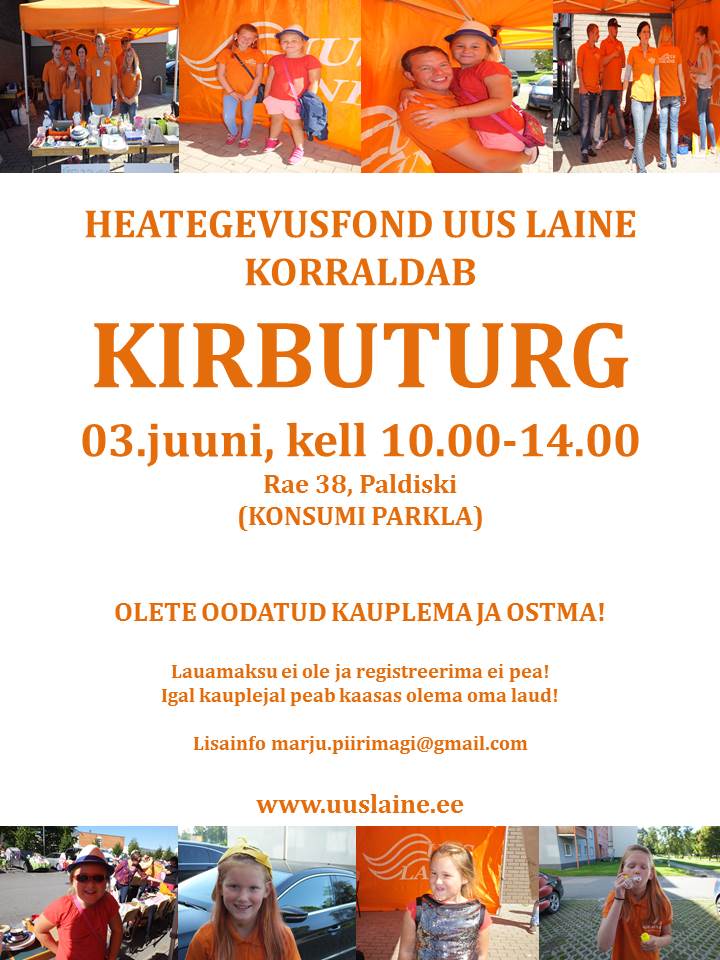NYHQ2007-2514
Children fill containers with safe water at a Mark II-type handpump, at the primary school in Ngoanine Village in Xai-Xai District in Gaza Province. The pump was built as part of a UNCEF-supported programme to provide water points in district schools with limited access to safe water and to improve sanitation and hygiene practices. The programme also supports the formation of village water and sanitation committees to manage the water points.
In 2007 in Mozambique, half of the nations 20.9 million inhabitants are children. Strong economic growth has helped reduce under-five and maternal mortality rates, and primary-school enrolment is growing. However, the country remains one of the worlds poorest. Access to essential health-care services is limited, 64 per cent of the population lacks safe water and just 46 per cent have adequate sanitation. Malnutrition is also widespread; preventable diseases cause many child deaths; and the HIV/AIDS prevalence rate (at 16.1 per cent for the 15-49 age group) continues to rise. More than half a million children have been orphaned by AIDS and an estimated 140,000 children under 15 are HIV-positive. Working with the Government and partners, UNICEF supports: immunization; malaria-prevention efforts; antiretroviral (ARV) treatment for HIV-positive pregnant women and children; services to prevent mother-to-child HIV transmission; care and protection initiatives for orphans and other vulnerable children; and a range of other health, education and water and sanitation initiatives.
